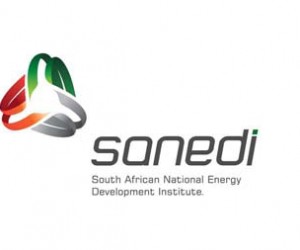South African businesses continually look to improve their ability to cope with increasing energy prices and environmental performance, especially in terms of reducing greenhouse gas emission. One of the key parts of developing projects that support these aims is to ensure access to finance.
There are several options for businesses to do this, including their business banks, but there are specific sources of finance created to support such projects. One of these is the IDC’s SUNREF credit line, which uses funds from the French Development Agency AFD.
Barry Bredenkamp, General Manager for Energy Efficiency at the South African National Energy Development Institute (SANEDI) explains, “This funding makes it possible for South African businesses to develop renewable energy and energy efficiency projects, in support of our country’s efforts towards a green transition.
“SANEDI supports this initiative by hosting the SUNREF Technical Assistance Facility, which assists the IDC in accessing the SUNREF II funds”
SUNREF process
Rob Short, SUNREF II team leader in South Africa, adds, “It can be any business, in any sector, that wants to look at energy efficiency or renewable projects in terms of its own internal processes or within its supply chain, as well as companies that provide manufacturing services or goods for the renewable energy and energy efficiency sectors.
“The types of projects, which would be considered for funding, comprise solar rooftop PV, biogas projects, biomass energy projects and any industrial projects that lead to improved energy efficiency and reduced greenhouse gas emissions”.
“The IDC’s SUNREF credit line is a debt fund, offered at a concessionary rate. SUNREF II builds on SUNREF I, which was implemented from 2012 and 2015 and whose success led to the development of this second credit line.”
Some of the projects funded by SUNREF I and II include
- Enabling a bakery to replace heavy oil with biomass for its heat requirements
- Several energy efficient lighting installations using LEDs
- Steam produced using biomass for a dairy processing facility
- Installation solar rooftop PV for a manufacturing facility
Energy costs will not drop
“Now, more than ever, is the time to invest in energy efficient projects,” continues Bredenkamp. “Escalating electricity costs and energy security concerns and the recently implemented carbon tax, create a landscape that should see more businesses adopting clean energy projects to address these challenges.
“In addition, there are also incentives being offered to businesses through the SARS Section 12L tax incentive, which SANEDI is responsible for implementing. The 12L incentive encourages businesses to reduce their electricity bills and improve their carbon footprint, while at the same time giving a rebate on their tax return.
“We trust that South African energy-conscious organisations will be taking up all these types of opportunities to build a greener future,” he concludes.










